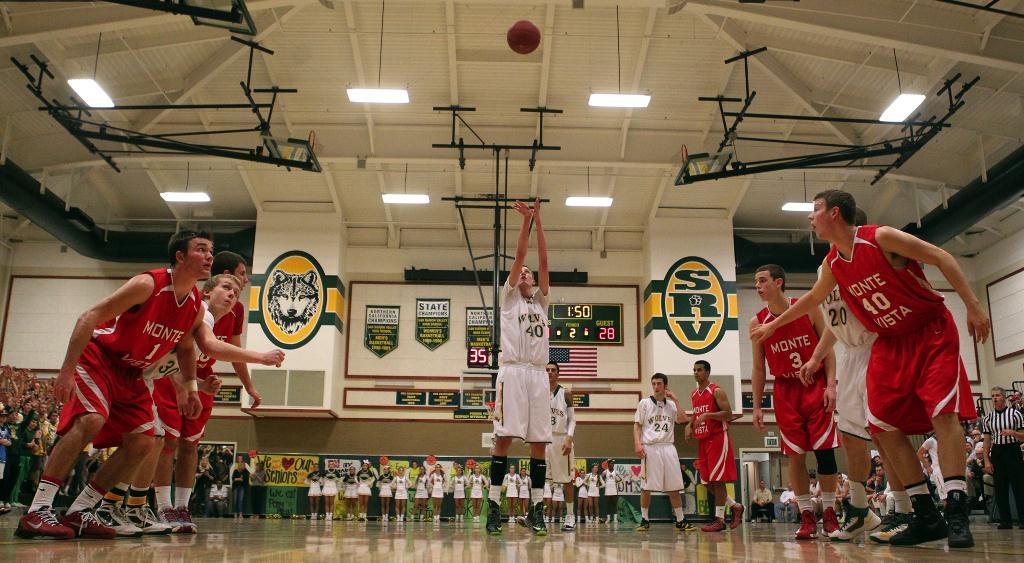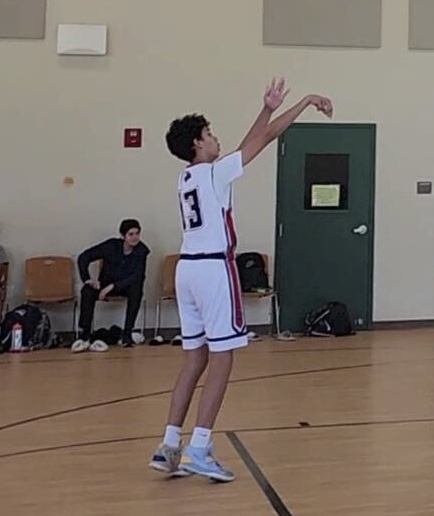High school sports help students to thrive, research shows
Are sports really all about fitness or are there more to them than you think? According to the U.S. News and World Report, 55.5% of students play an athletic sport in high school as of 2011. Being a part of a high school sports team has several advantages.
By participating in high school sports, students are able to make a name for themselves and prove something. On the back and front of their jerseys, students have their school’s name as well as their own name. They are representing their community on the field or court.
Student athletes learn the fun of team rivalries and receive praise from peers and others in the community. The feeling of community and honor of representing a home team may also continue to college athletics if a student decides to advance in their sport as well.
When given more opportunity to participate in athletics in high school, students’ weights and body masses improve. Athletes are less likely to sit on the couch and watch television or play video games because they have less free time than other kids. According to a report from the National Federation of State High School Associations (NFHS), student athletes are less likely to participate in unhealthy or risky behavior when they are playing sports in high school.
A survey coordinated by the Minnesota State High School League found that the average GPA of a high school athlete was 2.84, while a student who was not involved in athletics had an average GPA of 2.68. Student athletes tend to perform better in school than non-athletes because their minds are constantly being exercised. They also have good time management skills since they have less time and need to use the time they do have productively.
Student athletes also tend to have better teamwork and cooperation. Because everyone is working toward a common goal in team sports, students quickly learn how their performance impacts the rest of the team. Student athletes must find their place, whether it’s being a leader of the team or playing a supporting role.
Students who participate in sports create close friendships with others on the team, which are essential for mental, emotional and physical health throughout the their high school career. From their common passion, students form tight bonds that often last long after high school.
As students advance and become more well known by coaches and peers, they learn valuable leadership skills. Senior athletes are expected to encourage younger team members and hold them accountable. They set an example and often provide advice and guidance both on and off the field.
Practice and games take up plenty of a student’s time, leaving much less for school work and other activities. Athletes must learn time management skills in order to finish everything. Compared to non-athletes, student athletes have better time management skills. Non-athletes tend to think they have much more time than they do and don’t make their homework or grades a priority- they are more likely to wait until the last minute.
Student athletes have a healthier and more focused mindset because of all the skills they develop. The benefits of doing a sport are day-to-day skills that last for the rest of their lives.









